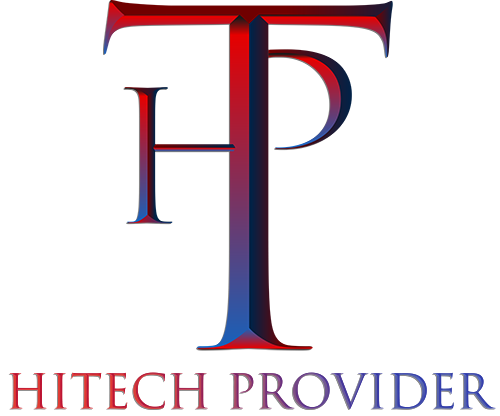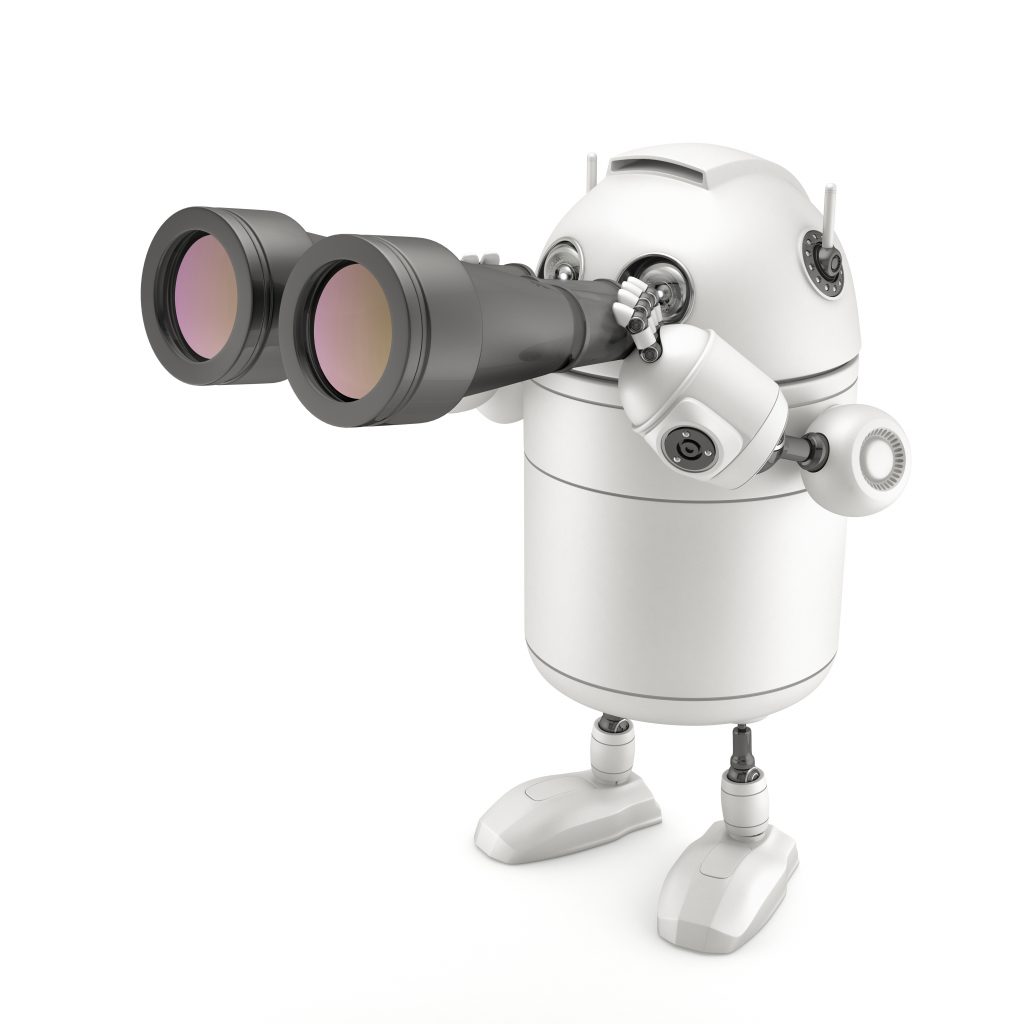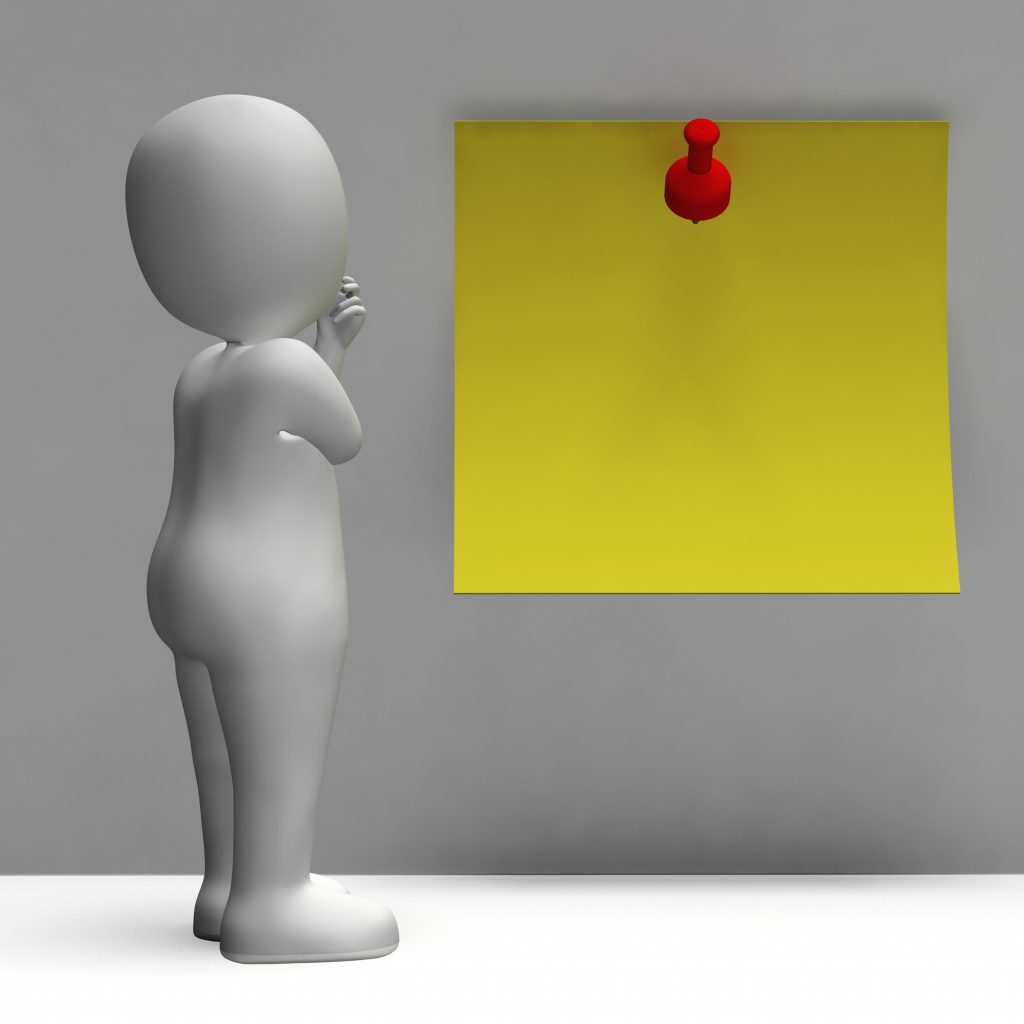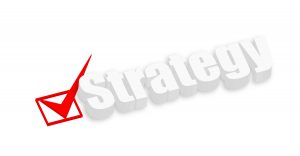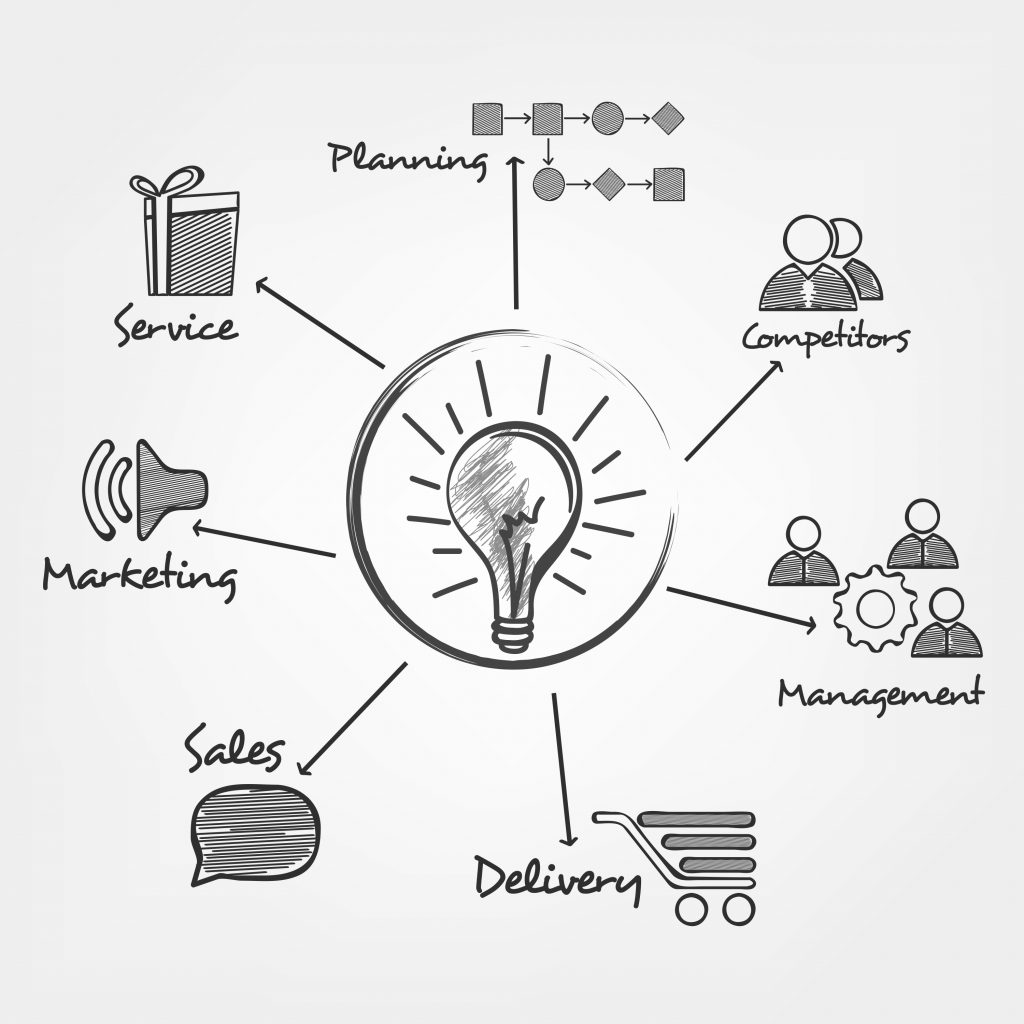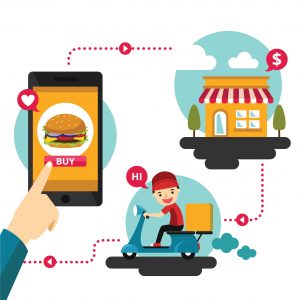
CRM for Restaurant
Definition
❝ CRM systems to initiate, track, manage and grow relationships with clients from the first introduction and throughout the entire customer lifecycle. ❞
Requirements For Hotel CRM
Easy to integrate
- You need a CRM that is easy to integrate with existing systems.
Multi-channel
- Your CRM should reflect this by supporting the variety of ways you communicate with your guests.
- A good CRM records interactions across email, in-person, text, and online.
Automated
- Automations make your life easier.
- A CRM that removes rote.
Within Budget
- It’s easy to get distracted by the bells and whistles during the vendor vetting process.
- Select a CRM that fits within your existing budget.
Flexible
- You need to know that yours CRM flexible to accommodate future needs.
Secure
- Most CRMs are cloud-based. This is great for speed and flexibility but can leave sensitive information vulnerable in the wrong hands.
Mobile
- Finally, a good CRM is equally useful in the Restaurant and on the go.
- The mobile experience shouldn’t sacrifice quality or functionality.
I am text block. Click edit button to change this text. Lorem ipsum dolor sit amet, consectetur adipiscing elit. Ut elit tellus, luctus nec ullamcorper mattis, pulvinar dapibus leo.
Key Challenges Faced by the Hotel Industry/CRM
- Attracting Prospects
- Engaging Prospects
- Retaining Customer
- Delivering great Customer Service
- Too much data, not enough action
- Avoiding short-termism
- Bridging the gap between acquisition and retention
- Behavior-based personalization
- Optimizing email content
- Optimizing email frequency Integrating social into a contact strategy
- Creating mobile experiences
Best Hotel and Hospitality CRMs
Business to private guest (B2C)
Here you need the hospitality CRM to be concentrated on managing relationships with the general public coming to the hotel as guests.
1. Revinate
- Created for hotels only
- A great buy if you are looking to automate your marketing.
- Gain valuable insight into how to best execute your email marketing and avoid getting lost in the maze of spam mail and generic content
2. For-sight
- This CRM enables marketing teams to personalize each guest message, building relationships by showing real interest in their individual preferences.
- The system can also be used to encourage guests to give feedback
3. Guestfolio
- This system cleverly combines accumulated guest data with marketing automation.
- Users of the system get a 360 degree view of the guest, putting them firmly in control.
4. ZDirect
- Travelclick has acquired ZDirect, a comprehensive suite of hospitality CRM software.
- Referred to as a ‘guest management solution’ it personalizes communications with guests.
- Users of the system are able to build an accurate user profile, enabling them to use dynamic messaging focused upon user preferences.
Business to business clients (B2B)
Here the relationships are with brands and corporates. Higher value and more intricate, the CRM software used for this purpose has to have advanced functionality.
1. Amadeus
- If your hotel needs to manage and cater for large events of more than 5000 sq. then this CRM makes prospecting for new business simple.
- Both the sales and catering teams can work together seamlessly.
2. Sales Suite
- Tracks team, monitors sales and keeps track of the sales and conversion funnels.
- Staff are constantly updated on client information, even when on the move.
3. Salesforce
- Salesforce brings together a varied mix of both products and resources.
- Integrating easily with current systems.
- It enables hotels to tend to clients in a personalized way
- Providing them with a supreme level of customer service and along with a carefully tailored experience.
4. Tripleseat
- A newer CRM package, this is predominantly event management based.
- Hotel sales managers can use it to organize room bookings whilst benefiting from detailed reporting.
- It will deal with requests for proposals as well as handling restaurant bookings.
What to look for in your Hotel and Hospitality CRM?
CRM Strategies
Understand customer profiles
- Types of group business
- Characteristics.
- Behaviors.
- Needs.
- Expectations.
Score group business leads
- Scoring sales leads helps hotels direct their efforts to the most profitable leads that are also the most likely to convert.
- The number of rooms of various types, event spaces and sizes, and group ceiling, as well as priorities such as event fit, group size, and profit requirements.
Automate communication
- Ensures the client has a smooth, streamlined experience.
- Increase repeat business.
Grow repeat business
- Finding a new customer is between 5 and 25 times more expensive than keeping an existing one.
- Share news or information relevant and useful to them.
Create personalized upselling opportunities
- Coupon for post-meeting snacks in the hotel restaurant.
Optimize sales activities
- You can optimize staff scheduling and marketing strategies.
Prepare efficient F&B
- You don’t risk disappointing holiday groups and reduce food waste.
- You can also track overlapping groups to optimize event menus.
Harvest F&B information
- Gather data on your customers’ favorites.
- Select-service hotels can also make F&B work for their bottom lines.
Customize dynamic and personalized pricing.
- Dynamic pricing can maximize hotel revenue and also produce happy customers.
- Helping them feel welcomed.
- An email with a special event offer for returning guests.
Increase account penetration
- Measuring and increasing account penetration is all about data.
- Incentivized to increase the amount of business they do at your properties.
Advantages
- Segmentation & personalization.
- Understand best guest value & target look-a-likes.
- Targeted & cost-effective marketing.
- Optimize loyalty program strategy.
- Demand forecasting.
- Strategic pricing for transients & groups.
- Increase ancillary revenue.
- Combating the OTA squeeze.
- Hosting Flexibility.
- Lead Capture from All the sources.
- Central repository.
- Consolidated customer view.
- Customer information scrutiny.
- The right focus.
- Combating competition.
- Raising efficiencies, keeping customers updated.
- Leveraging social platforms to promote brand presence.
- Formulating futuristic strategies.
- Fostering loyalty.
- Aligns with organizational objectives.
- Easily restructure based on data.
- Promotes customer loyalty.
- Gives employees tools to succeed.
- Encourages Customer Loyalty.
- Track Room & Banquet Occupancy.
- Customer Service.
- Reminders for employees.
- Schedule follow-ups.
